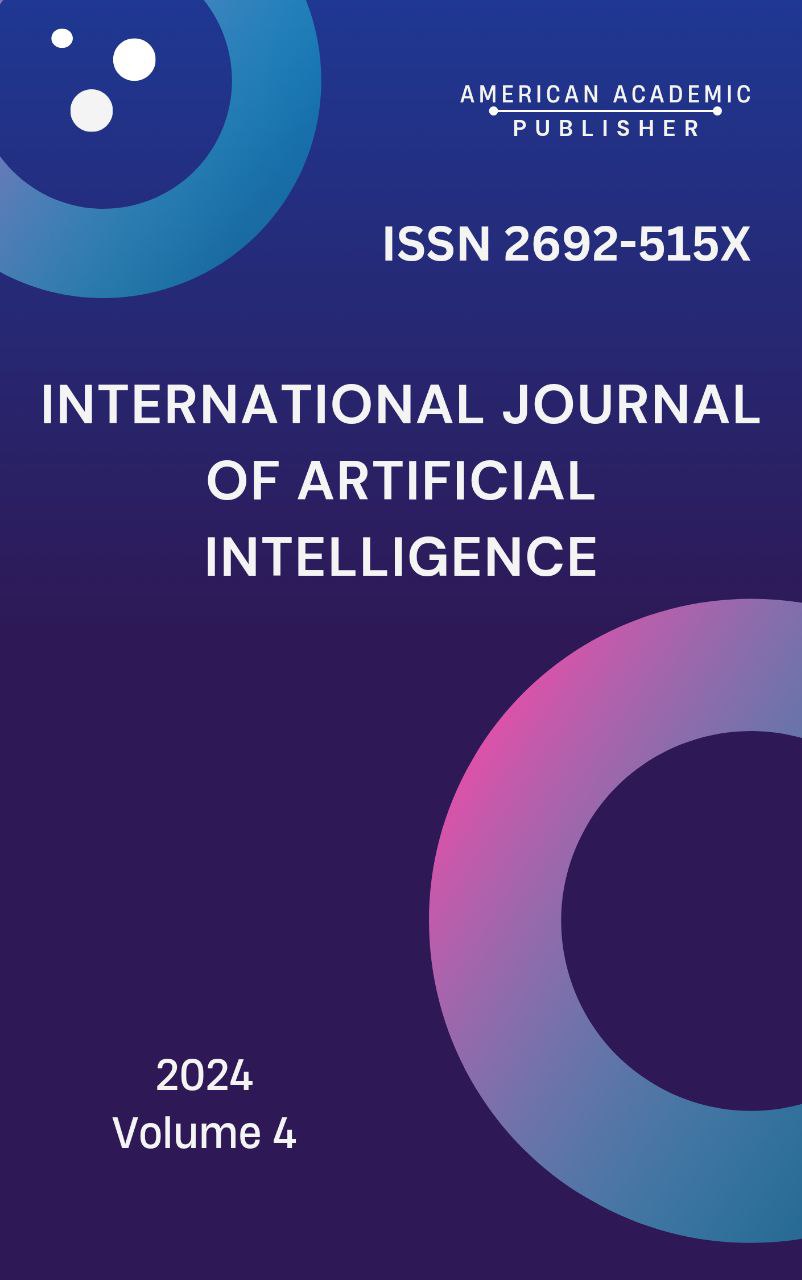 Articles
| Open Access |
Articles
| Open Access | DEVELOPING THE EDUCATION SECTOR IN RURAL AREAS
Saparbaeva Xusniya Paraxatovna , 1st year Master's student Nukus state pedagogical institute named after AjiniyazAbstract
The development of the education sector in rural areas is crucial for ensuring equitable access to quality education. This paper explores the challenges faced by rural communities, including inadequate infrastructure, teacher shortages, and limited technological resources. Additionally, it examines policy interventions and innovative solutions such as digital learning, teacher training programs, and community engagement strategies. By addressing these issues, governments and stakeholders can enhance educational opportunities, reduce disparities, and contribute to sustainable socio-economic development.
Keywords
rural education, educational development, equitable access, infrastructure, teacher shortages, digital learning, policy interventions, community engagement, socio-economic development, quality education.
References
UNESCO (2023). Global Education Monitoring Report: Reducing Educational Disparities. United Nations Educational, Scientific and Cultural Organization. Retrieved from www.unesco.org
World Bank (2022). Rural Education Development: Policy Interventions and Learning Outcomes. World Bank Group. Retrieved from www.worldbank.org
OECD (2021). Bridging the Urban-Rural Education Gap: A Policy Framework for Inclusive Learning. Organisation for Economic Co-operation and Development. Retrieved from www.oecd.org
Ministry of Education of Uzbekistan (2023). Annual Report on Teacher Development and Rural Education Infrastructure. Government of Uzbekistan.
Masalieva, O. (2020). The role of Russian scientists in the source study of the bukhara khanate. International Journal of Advanced Science and Technology, 29(5), 1540-1546.
Masalievna, M. O., & Muhitdinovich, J. Z. (2020). The Illumination of Bukhara Khans' Building Enterprise in the Some Historical Sources. Test Engineering and Management, 83(5-6), 1803-1811.
Масалиева, О. (2004). Амир Музаффарнинг тарихнавис ўғиллари. Мозийдан садо, (2), 22.
Masalieva, O. M. (2021, November). THE PRINCE OF BUKHARA SAYYID MUHAMMAD NASIR AND HIS SCIENTIFIC HERITAGE. In International Scientific and Current Research Conferences (pp. 182-185).
Абдулазизова, С. М., & Мадрахимова, З. Ф. (2024). ВАЖНОСТЬ ИСПОЛЬЗОВАНИЯ СОВРЕМЕННЫХ ПЕДАГОГИЧЕСКИХ ТЕХНОЛОГИЙ В ОБУЧЕНИИ РУССКОМУ ЯЗЫКУ. YANGI O ‘ZBEKISTON, YANGI TADQIQOTLAR JURNALI, 1(3), 94-96.
Мадрахимова, З. Ф. (2023). СОВРЕМЕННЫЕ МЕТОДЫ ПРЕПОДАВАНИЯ РУССКОГО ЯЗЫКА В ВУЗЕ. MODERN EDUCATIONAL SYSTEM AND INNOVATIVE TEACHING SOLUTIONS, 1(1), 94-97.
Мадрахимова, З. Ф. (2024). Литературные Загадки В Детской Поэзии: Описание, История Создания. Journal of Innovation in Education and Social Research, 2(1), 166-171.
Khumora, Z., & Nazim, B. R. THE ROLE OF THE INTERNET IN THE
SPREAD OF FAKE INFORMATION.
Жаббарова, Ю. (2022). KINSHIP TERMINOLOGY AS AN IMPORTANT
ETHNOGRAPHIC AND HISTORICAL SOURCE. МЕЖДУНАРОДНЫЙ ЖУРНАЛ
ЯЗЫКА, ОБРАЗОВАНИЯ, ПЕРЕВОДА, 3(5). Marifjanovna, I. D. (2024). INNOVATSION PEDAGOGIK TEXNOLOGIYA ASOSIDA DARSLARNI TASHKIL QILISH. СОВРЕМЕННОЕ ОБРАЗОВАНИЕ И ИССЛЕДОВАНИЯ, 1(1), 169-172.
Маткасимова, М. Э. (2024). ЛИНГВИСТИЧЕСКИЕ ОСОБЕННОСТИ В SMS. International Journal of Education, Social Science & Humanities, 12(4), 687-691.
Исраилова, Н. Х. (2016). Конкретная поэзия как инновационное направление в немецкой литературе. Научная дискуссия: инновации в современном мире, (4-1), 197-201.
Матқосимова, М. (2024). НЕМИС ТИЛИДАГИ СИМВОЛИК ВОСИТАЛАРНИНГ ЎЗБЕК ТИЛИГА ТАРЖИМАСИ. IQRO INDEXING, 9(2), 601-605.
Исраилова, Н. Х. (2016). Конкретная поэзия как инновационное направление в немецкой литературе. Научная дискуссия: инновации в современном мире, (4-1), 197-201.
Israilova, N. H. (2016). Der Einfluss des Englischen und Amerikanischen auf die deutsche Sprache. In The Seventh International Congress on Social Sciences and Humanities (pp. 143-146).
Kh, I. N., Mamatova, N. K., & Mamatov, R. R. (2021). Methodology Of Teaching German As A Second Foreign Language. Экономика и социум, (3-1 (82)), 103-106.
Israilova, N. X. (2024). " KITSDEUTSCH" AS A NEW DIALECT IN A GERMAN COUNTRY. International Journal of Education, Social Science & Humanities, 12(4), 678-682.
Article Statistics
Downloads
Copyright License

This work is licensed under a Creative Commons Attribution 4.0 International License.

